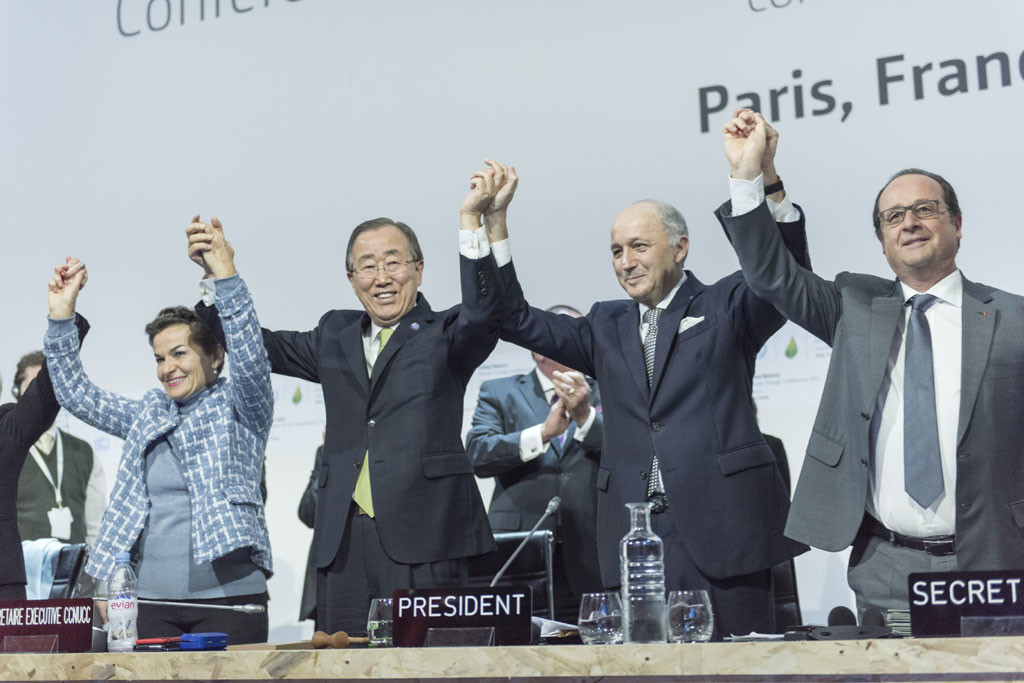By Susan Lutz
Forests are dying. Polar bears starving, ice caps shrinking. The list grows. We’ve spent a lifetime stomping on the planet and now world leaders gather in the hopes of finding a solution before we hit the tipping point. Can we pull back? Can we save ourselves?
I read positive stories: a community garden in Haiti becomes a center of growth and revitalization; the price of solar power is dropping fast and becoming an extremely viable alternative energy source; climate adapted strategies are manifesting and working to stabilize wildlife. Around towns, I see trees being planted, youth conversing about important issues. This is great. And there are many more examples of success and ideas which are moving us forward.
Yet, I read bad news, too: the UK starts to cut millions of dollars from its renewable resources; the threat of disease increases due to insects gaining the ability to live longer and travel farther; the sea level is rising; and of course, we’ve all seen the pictures of the polar bears starving. Some days, it’s hard to read the news. Some days it does seem like we’re just going to tip over and sink.
I recently heard a lecture on the cause and effect of our actions and the impact our choices have on climate change. The most interesting, and most powerful, I thought, was this: What are we willing to give up? In this country, the majority of cars during rush hour consist of single drivers. Bottled water and soda fill our vending machines, and we don’t give a second thought to the short pleasure we get versus the amount of toxins in each bottle. We like our stuff. We like our creams, cars, deals online, new phones, and processed, over-packaged foods.
The summit on climate change brings together world leaders. The model of coming together to talk; understanding our differences; taking note of those suffering the most; and, moving forward with dialogue. Regardless of how difficult the task is, it is one we must implement from the highest of offices to the grass-roots level.
We wait too long to act. We wait to change gun laws until terror steps into our cafes (if even then). We wait to ban trophy hunting and poaching and watch as species become threatened and face habitat loss and even become extinct. We’re slowly melting under the take-the-money-and-run philosophy of getting what we need, now, and forgetting how it will hurt us in the future.
When my son picked up an acorn the other day, he thought it was the grandest of discoveries. I held it up and told him it was amazing. We carried it with us as if it were a piece of gold. Our food supply, our land, our water – they truly are gold. We must realize this now, or we will watch as the world melts and slowly slips away.
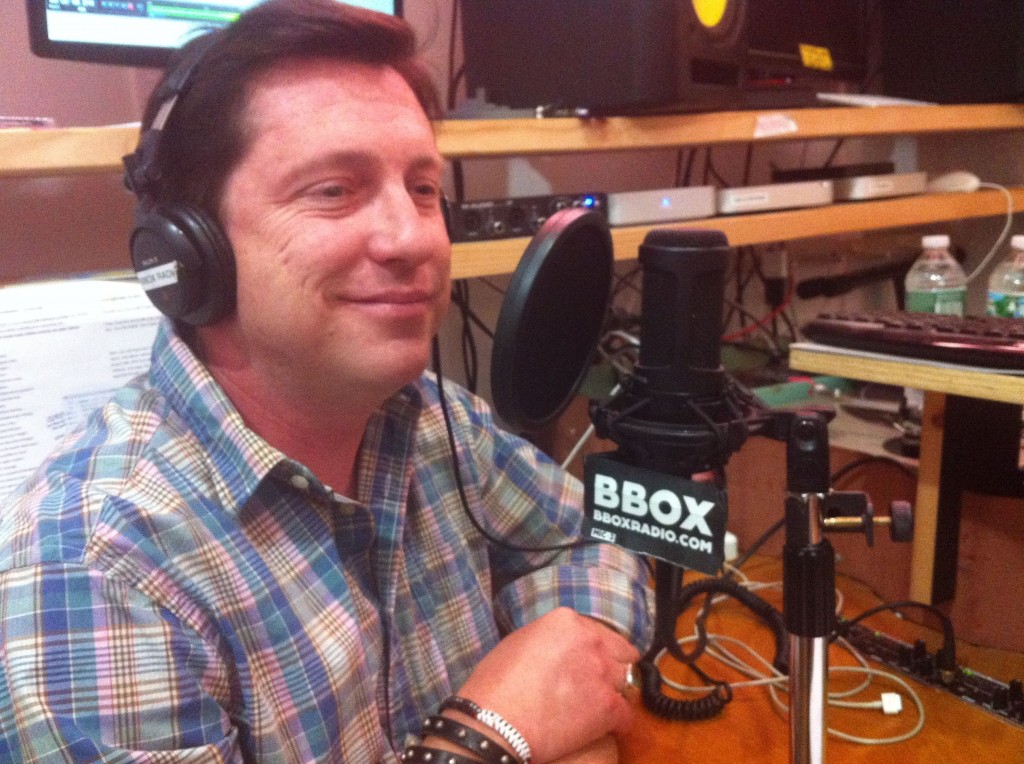 Riverkeeper, the guardian of the water, land and air celebrates its 50th Anniversary this year, and it is fitting to have friend of the show, John Parker, Director of Legal Programs at Riverkeeper, as my guest this week. We discuss all the great work Riverkeeper has done over these last five decades, as well as what they will continue to do to preserve and protect the environment. Keeping the waterways vibrant, and our drinking water clean, is essential to the health and well being of the citizens in New York State and beyond. To find out more about this great organization, go to Riverkeeper.org.
Riverkeeper, the guardian of the water, land and air celebrates its 50th Anniversary this year, and it is fitting to have friend of the show, John Parker, Director of Legal Programs at Riverkeeper, as my guest this week. We discuss all the great work Riverkeeper has done over these last five decades, as well as what they will continue to do to preserve and protect the environment. Keeping the waterways vibrant, and our drinking water clean, is essential to the health and well being of the citizens in New York State and beyond. To find out more about this great organization, go to Riverkeeper.org.
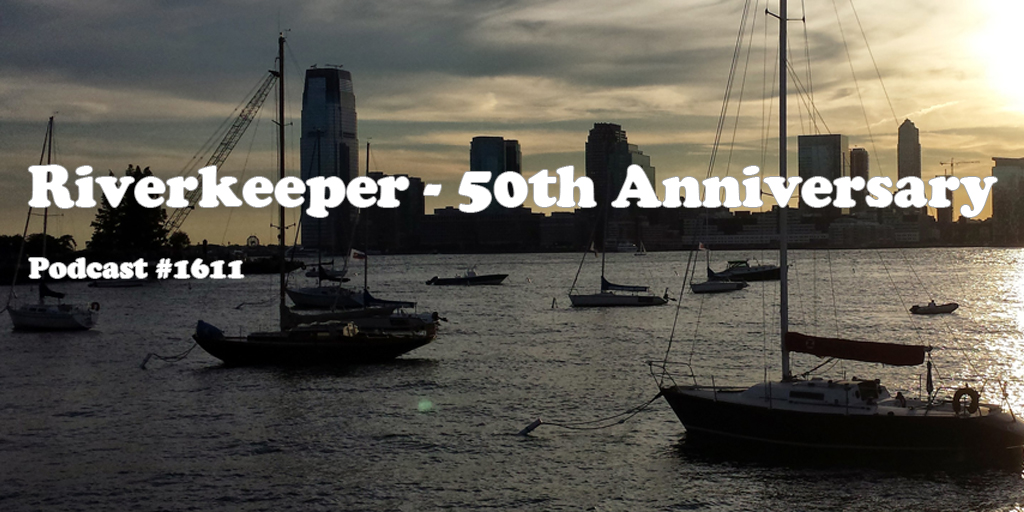
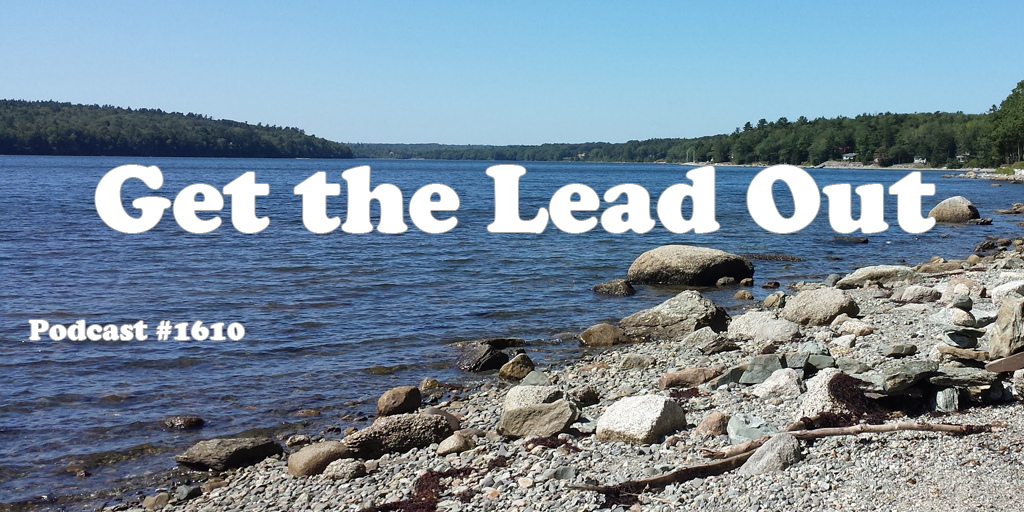
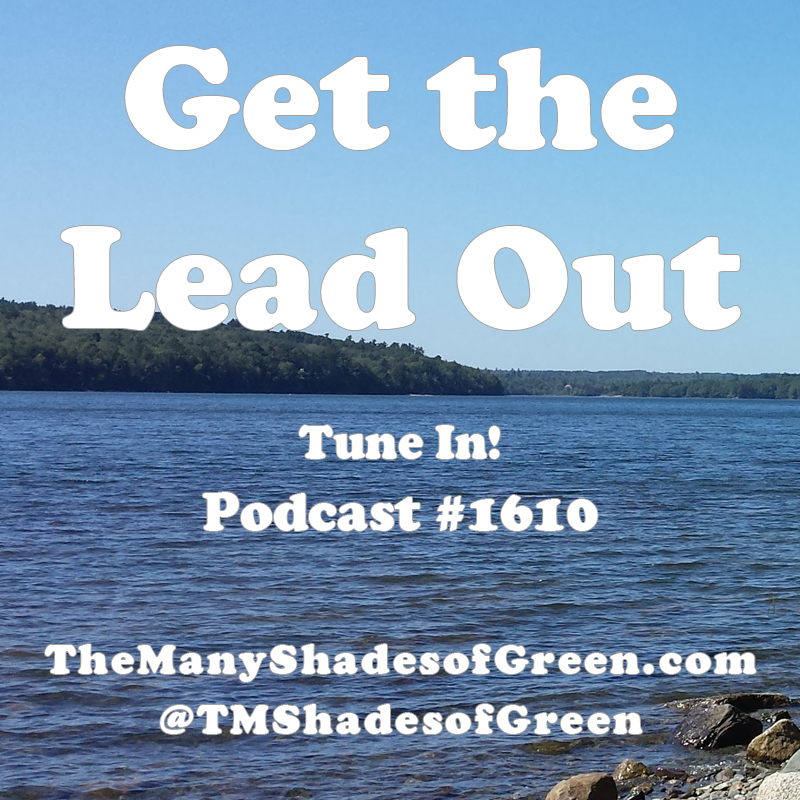 As the people of Flint Michigan fight for better quality water, the problem of lead pipes has come to the forefront of the newscycle. Enter our guest this week, Bill Spataro, a metallurgist who has worked for the New York Power Authority. Bill explains how chemicals from lead leach into the water systems, and what effect those chemicals have on those who bathe in and drink lead laced water. This is not just a problem in Flint, it could happen in your own backyard or community. Is this all preventable? To find out more about this issue go to health.ny.gov/environmental/lead/
As the people of Flint Michigan fight for better quality water, the problem of lead pipes has come to the forefront of the newscycle. Enter our guest this week, Bill Spataro, a metallurgist who has worked for the New York Power Authority. Bill explains how chemicals from lead leach into the water systems, and what effect those chemicals have on those who bathe in and drink lead laced water. This is not just a problem in Flint, it could happen in your own backyard or community. Is this all preventable? To find out more about this issue go to health.ny.gov/environmental/lead/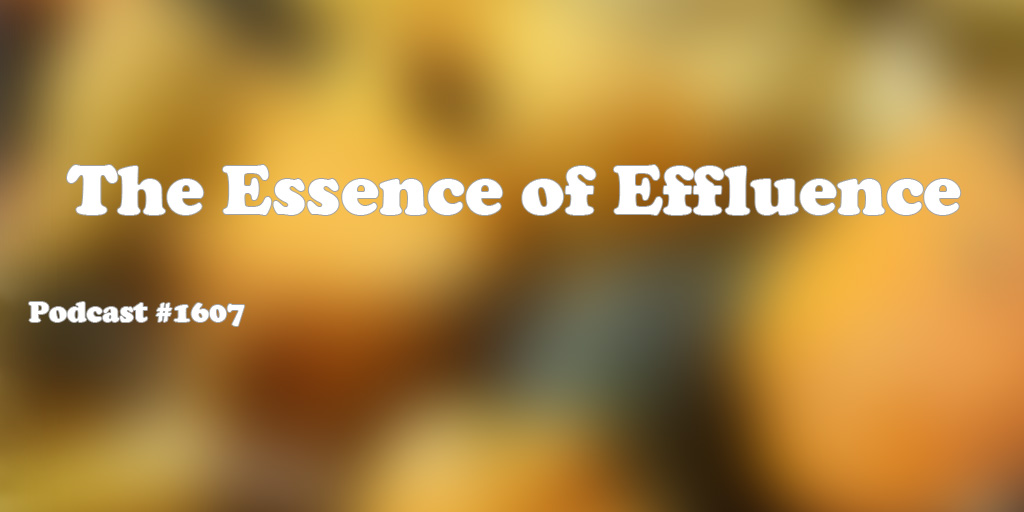
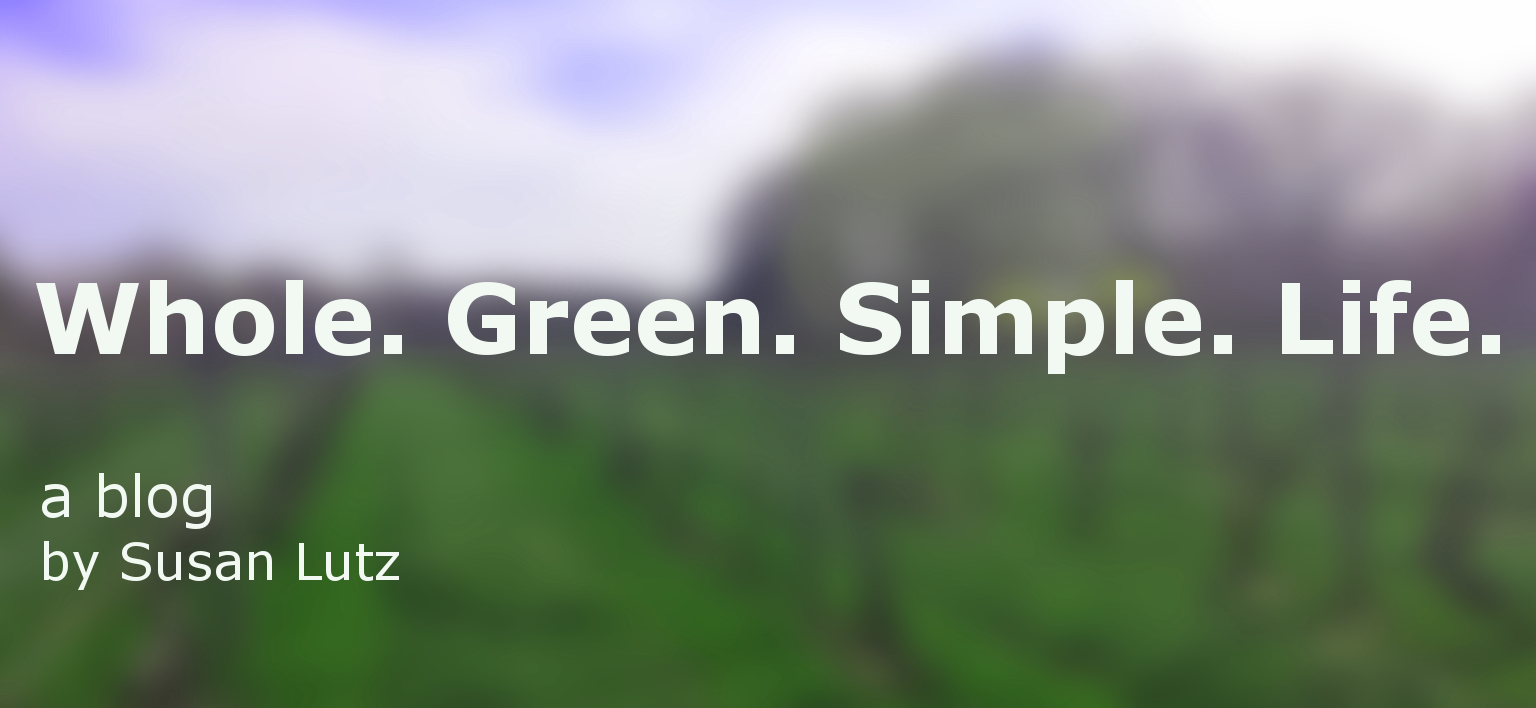
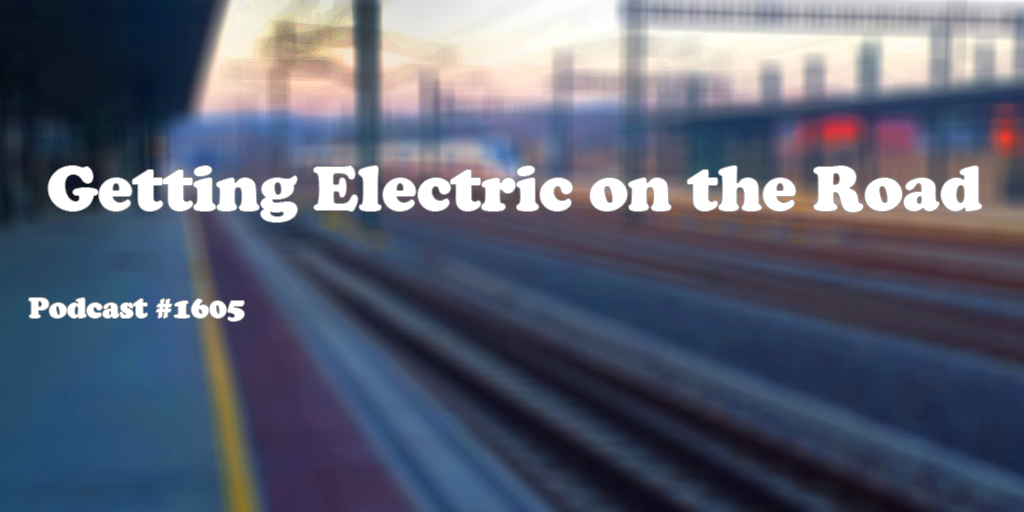
 Electric cars are cool, electric cars are fun, electric cars don’t pollute the air we breathe, so why aren’t there more of them on the road? My co-host Brian Horowtiz and I chat about this and other topics, with my guest Seth Leitman, Green Living Guy. Seth is an EV car aficionado, and author of a series of books called the Green Guru Guides. He is working with the Solarize initiative in Westchester County to promote solar energy. Seth will be lecturing and touring colleges this Spring, to spread the word about green living. For more information go to greenlivingguy.com
Electric cars are cool, electric cars are fun, electric cars don’t pollute the air we breathe, so why aren’t there more of them on the road? My co-host Brian Horowtiz and I chat about this and other topics, with my guest Seth Leitman, Green Living Guy. Seth is an EV car aficionado, and author of a series of books called the Green Guru Guides. He is working with the Solarize initiative in Westchester County to promote solar energy. Seth will be lecturing and touring colleges this Spring, to spread the word about green living. For more information go to greenlivingguy.com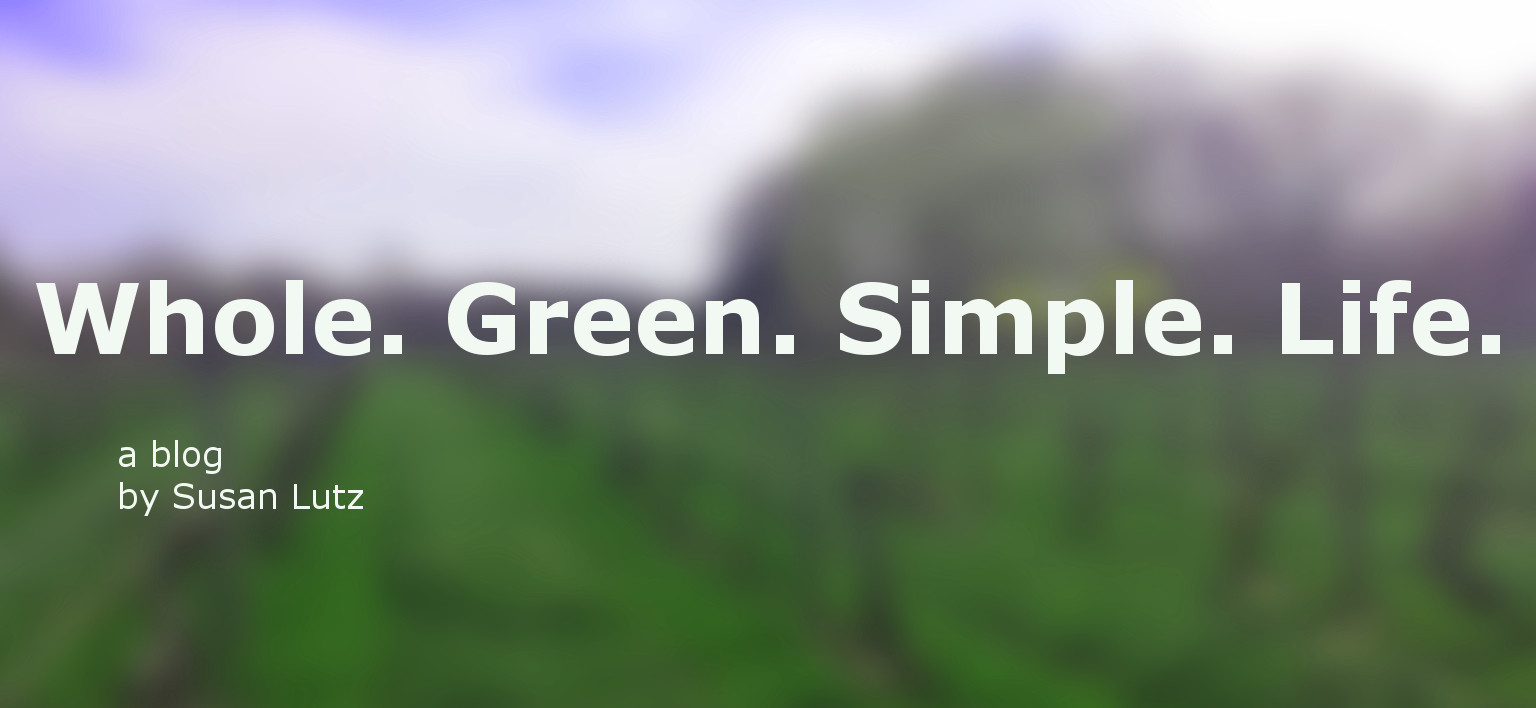
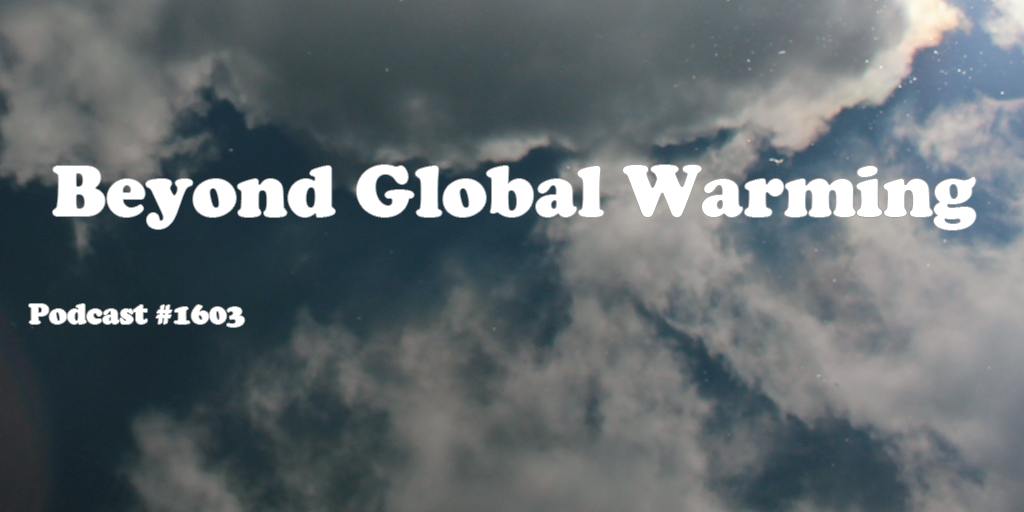

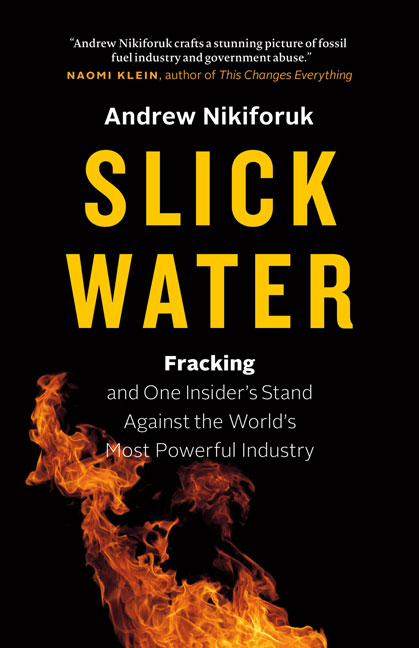 It is no secret that mainstream media coverage of environmental issues is slow-moving, and many stories go un-reported in the press. Climate change deniers spout their ideology with reckless abandon. Enter my guest this week, Andrew Nikiforuk, an award winning environmental writer based in Calgary, Canada, who has written a new book about the hydraulic fracturing industry entitled Slick Water: Fracking and One Insider’s Stand Against the World’s Most Powerful Industry. The book traces the saga of Jessica Ernst, and the path she takes to hold Encana Oil and Canada’s environmental government agencies, responsible for secretly fracking hundreds of gas wells around her home, in a rural area northeast of Calgary. A cover-up ensues, which leads Ms. Ernst to take legal action against the various parties for their role in contaminating land, water and air in her community. For more information
It is no secret that mainstream media coverage of environmental issues is slow-moving, and many stories go un-reported in the press. Climate change deniers spout their ideology with reckless abandon. Enter my guest this week, Andrew Nikiforuk, an award winning environmental writer based in Calgary, Canada, who has written a new book about the hydraulic fracturing industry entitled Slick Water: Fracking and One Insider’s Stand Against the World’s Most Powerful Industry. The book traces the saga of Jessica Ernst, and the path she takes to hold Encana Oil and Canada’s environmental government agencies, responsible for secretly fracking hundreds of gas wells around her home, in a rural area northeast of Calgary. A cover-up ensues, which leads Ms. Ernst to take legal action against the various parties for their role in contaminating land, water and air in her community. For more information 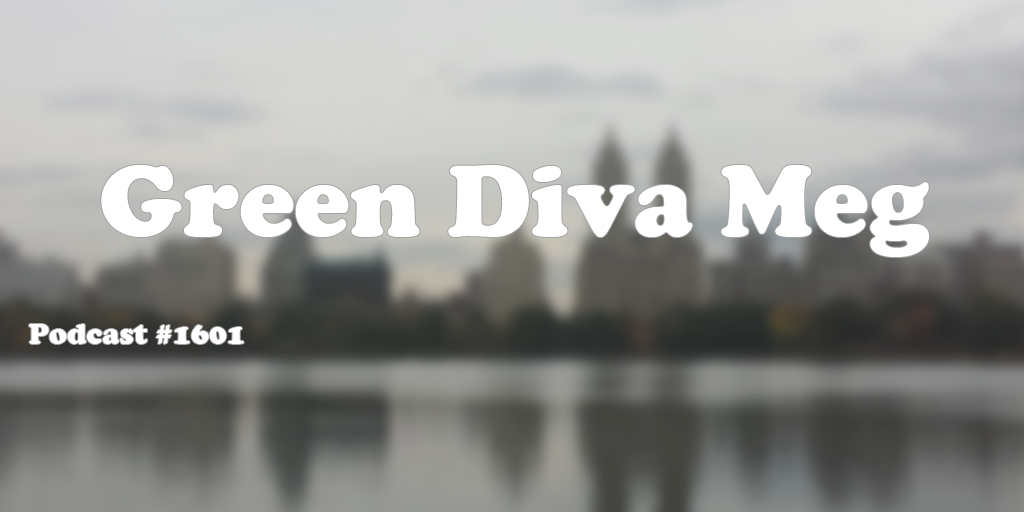
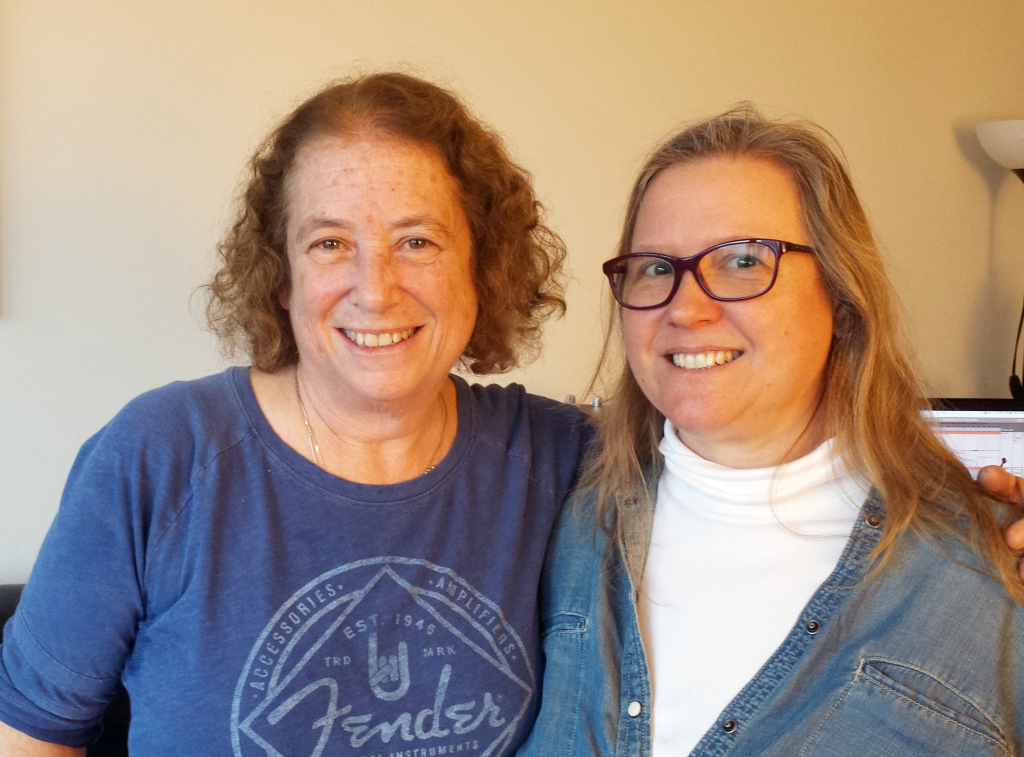 Ladies of green radio are kindred spirits who are working hard to make sustainable living an integral part of everyday life. So it is fitting that my guest this week, Megan McWilliams, a/k/a Green Diva Meg and I discuss the importance of grassroots green radio. Meg is the founder, producer and host of the Green Divas Radio show and podcast. She works to amplify the voice of green reason, and throws in humor and compassion to spread the eco message. I am happy to be a part of the Green Divas Radio Network, and I can proudly call myself Green Diva Max. Hail to all the ladies of green media! For more information go to
Ladies of green radio are kindred spirits who are working hard to make sustainable living an integral part of everyday life. So it is fitting that my guest this week, Megan McWilliams, a/k/a Green Diva Meg and I discuss the importance of grassroots green radio. Meg is the founder, producer and host of the Green Divas Radio show and podcast. She works to amplify the voice of green reason, and throws in humor and compassion to spread the eco message. I am happy to be a part of the Green Divas Radio Network, and I can proudly call myself Green Diva Max. Hail to all the ladies of green media! For more information go to 